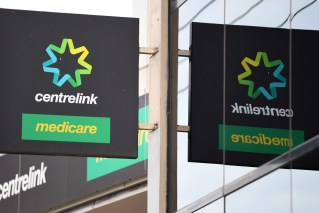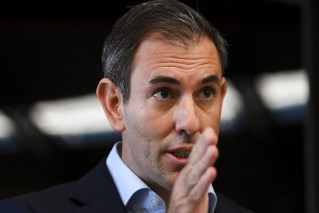One in five missing payments on buy now, pay later, warns ASIC
The buy-now, pay-later sector was now used by 30 per cent of Australia’s adult population and one in five were missing monthly payments, according to the Australian Securities and Investments Commission.


Afterpay says its model is different to other BNPL companies.
An investigation by ASIC found many users were young, worked part-time or were unemployed. About 60 per cent were aged between 18 and 34. The total balance of outstanding debt from these arrangements grew from $476 million in April 2016 to over $903 million by June 2018.
“While most BNPL arrangements are marketed as a budgeting tool or a way to make purchases more affordable, some consumers are missing payments and incurring fees as a result,” ASIC said.
“Our consumer research indicated that 21 per cent of BNPL users who were surveyed missed a payment in the last 12 months. In the 2018–19 financial year, missed payment fee revenue for all BNPL providers in our review totalled over $43 million, a growth of 38 per cent compared to the previous financial year.”
However, ASIC did not recommend greater consumer protections and said planned regulatory changes as well as an industry code of conduct may be sufficient.
The benefit for consumers from BNPL products was that they did not charge interest, as was the case with credit cards, but they did charge late fees and ASIC said some merchants were hiking the price for products bought by BNPL cards. Under current laws, BNPL providers did not need to hold an Australian credit licence, nor comply with the responsible lending obligations.
ASIC found that almost a quarter of users repaid their BNPL debt with a credit card.
“In our view, each BNPL provider in our review included some terms in their standard contracts that are potentially unfair to consumers,” ASIC said.
“ASIC is considering the legal position of scenarios where a merchant inflates the cost of the underlying goods if a consumer uses a buy now pay later arrangement.”
The biggest BNPL provider, Afterpay, said consumers were benefitting from more choice from new players but its model had built in consumer protections including a suspension if a consumer misses one payment.
“Unlike others, Afterpay does not rely on customers to drive revenue, (instead) generating the majority of revenue from merchants.
ZIP also said it did not rely on late fees and it had done credit checks on every applicant and only 1 per cent of users were late on their payments












